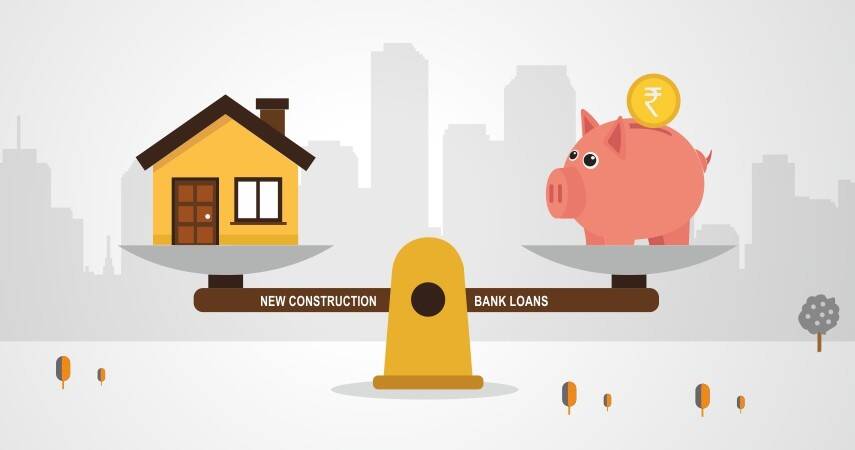The other advantages of construction loans are, unlike mortgages and other home loans, construction loans are short-term. The owner receives the loan from the loan provider till he gets the occupancy rights to his new home. The repayment of the loan starts only after the construction work is complete and the owner has made it his primary or second home.
Also, construction loans are more flexible than mortgages, simply because these are not governed by the rules made in Financial Standard Association (FSA). This makes the term of payment and the amount of loan given by the lender to the borrower is susceptible to consideration.
But the rate of interest depends on the stage at which the construction work is. And the rate is fixed only when the lender, borrower and the contractor (if any) have given consent. Mostly the interest rates are adjustable/ variable, and greater than the secured loan interest rates as construction loans are short-term loans. But the silver lining is that the loan can be repaid through small-interest only repayments. This lowers a number of repayable instalments.
The flip side is that people might find it difficult to arrange for a lump sum amount of money to repay this loan as soon as the construction gets over.
Another negative point is that the borrower is locked at the terms of the lender. The locking period varies for 30-60 days. He/she has no choice other than accepting the terms and conditions of the lender. Nevertheless, rate lock too has its own benefits. If the interest rate in the market shoots up then the borrower who has been locked at a certain rate will not have to pay extra interest. But if otherwise happens, that is, if the interest rate falls, he would be a victim.
Last but not the least one has to be very cautious before taking a construction loan. This is so because, like mortgages and construction secured loans, your house becomes collateral once you have taken the loan. This can be repossessed by the lenders on non-payment of the due amount. Therefore it is suggested that you should take expert advice from people like an attorney, certified public accountant, or realtor, who are not related to loan providing organisation before you plunge into any decision. Above all, consider your own financial circumstances because you would know your financial position the best.







